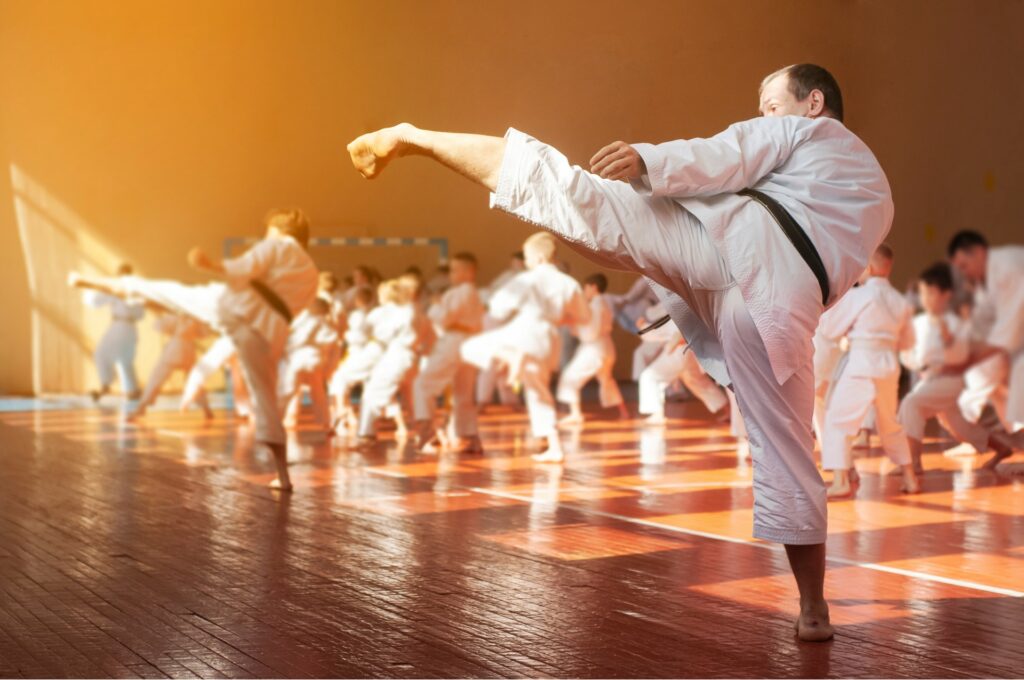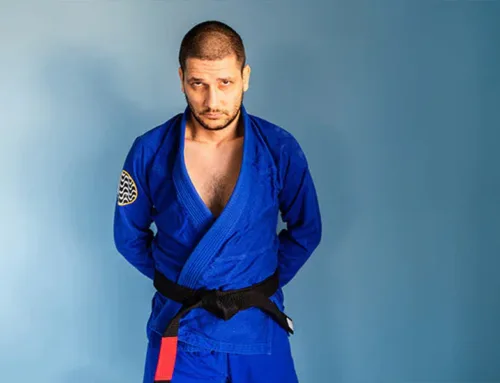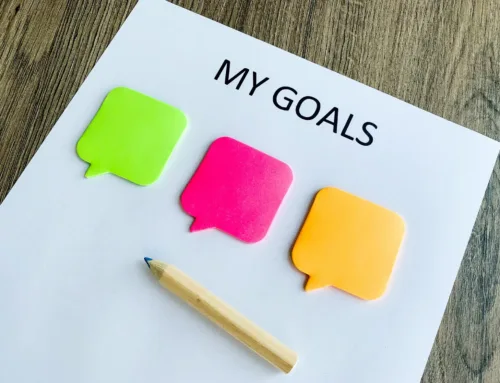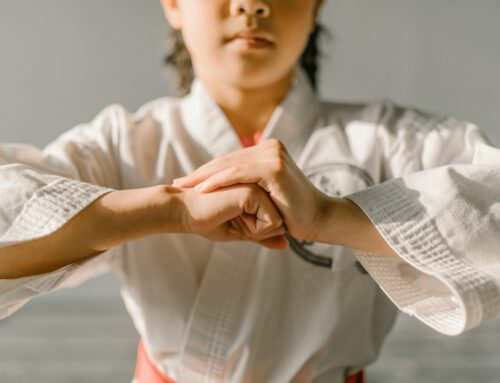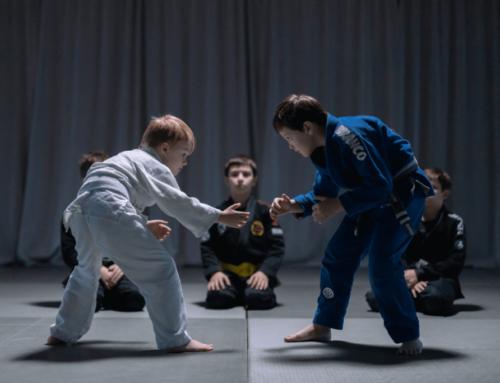When people think of martial arts training, the first images that typically come to mind are physical in nature: punches, kicks, and powerful moves that require strength and agility. While it’s true that martial arts are an excellent way to improve physical fitness and develop self-defense skills, what often goes unnoticed is the vast array of mental and emotional benefits that come with dedicated practice. We are passionate about guiding our students – from children through adults – in various disciplines, such as Mixed Martial Arts (MMA), Tae Kwon Do, and Jiu Jitsu, with a holistic approach that emphasizes not just physical prowess but also mental and emotional growth.
Martial arts training provides practitioners with a unique opportunity to cultivate self-discipline, sharpen mental focus, and develop emotional resilience. These qualities are valuable not only in the realm of martial arts practice but also in everyday life, enabling individuals to navigate challenges, overcome obstacles, and unleash their full potential. Moreover, engaging in martial arts practice can significantly improve mental health by reducing stress and anxiety, boosting self-esteem, and fostering a strong sense of community and belonging.
In this blog post, we will delve into the various ways that martial arts training positively impacts mental and emotional well-being, highlighting the benefits that are often overlooked but no less powerful than physical outcomes. Whether you are a seasoned martial artist, a parent considering martial arts lessons for your child, or someone simply curious about the wide-ranging advantages of this ancient practice, we hope to inspire you with our exploration of how martial arts training can build inner strength, resilience, and mental clarity.
Reduced Stress and Anxiety
- Physical Activity and Stress Relief: Exercise, including martial arts training, can release endorphins, which are known to improve mood and alleviate stress.
- Mindfulness and Mental Focus: Martial arts practice often emphasizes mindfulness and mental focus, which enable practitioners to develop a peaceful state of mind and better manage stress.
- Catharsis and Emotional Release: Martial arts training’s physical nature can provide an outlet for releasing pent-up emotions and stressors, helping to improve overall mental well-being.
Increased Self-Confidence and Self-Esteem
- Skill Development and Mastery: By setting and achieving personal goals in martial arts training, individuals can build a sense of self-efficacy and pride in their abilities.
- Overcoming Challenges: Martial arts training often involves overcoming obstacles and pushing past personal limits, contributing to increased self-confidence and resilience.
- Supportive Environment: A martial arts school’s camaraderie and shared sense of achievement can help foster an environment conducive to personal growth and improved self-esteem.
Enhanced Cognitive Function
- Mind-Body Connection: The mental focus required in martial arts practice can help strengthen the connection between mind and body, leading to improved cognitive function.
- Coordination and Spatial Awareness: Many martial arts disciplines involve intricate movement patterns and precise timing, which can enhance coordination and spatial understanding.
- Memory and Mental Agility: The process of learning and memorizing complex techniques in martial arts training can sharpen memory and mental dexterity.
Fostering a Sense of Community and Belonging
- Respect and Communication: The values of respect, empathy, and communication are often emphasized in martial arts practice, reinforcing positive behavior and fostering a sense of belonging within the community.
- Teamwork and Encouragement: Working with others in partner drills and group exercises helps develop teamwork skills and encourages mutual support among martial artists.
- Shared Goals and Achievement: The commitment to personal growth and shared goals can create strong bonds between practitioners, fostering a sense of camaraderie and belonging.
Conclusion
The mental and emotional benefits of martial arts training are vast and transformative, impacting not only the individual’s practice but also their overall well-being and the way they navigate life’s challenges. By cultivating self-discipline, mental focus, resilience, and a sense of community, martial arts can help practitioners unleash their full potential and live happier, more fulfilling lives.
At Pride Martial Arts Academy, we are proud to offer a supportive and empowering environment for our students of all ages and abilities to grow both physically and mentally. Whether you are just beginning your martial arts journey or are looking to deepen your practice, we encourage you to embrace the many mental and emotional benefits of martial arts training and discover the profound impact it can have on your life.

